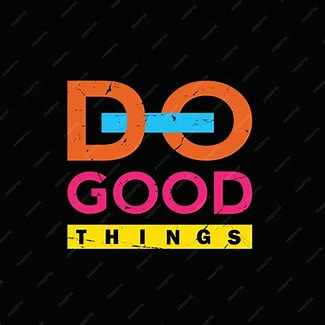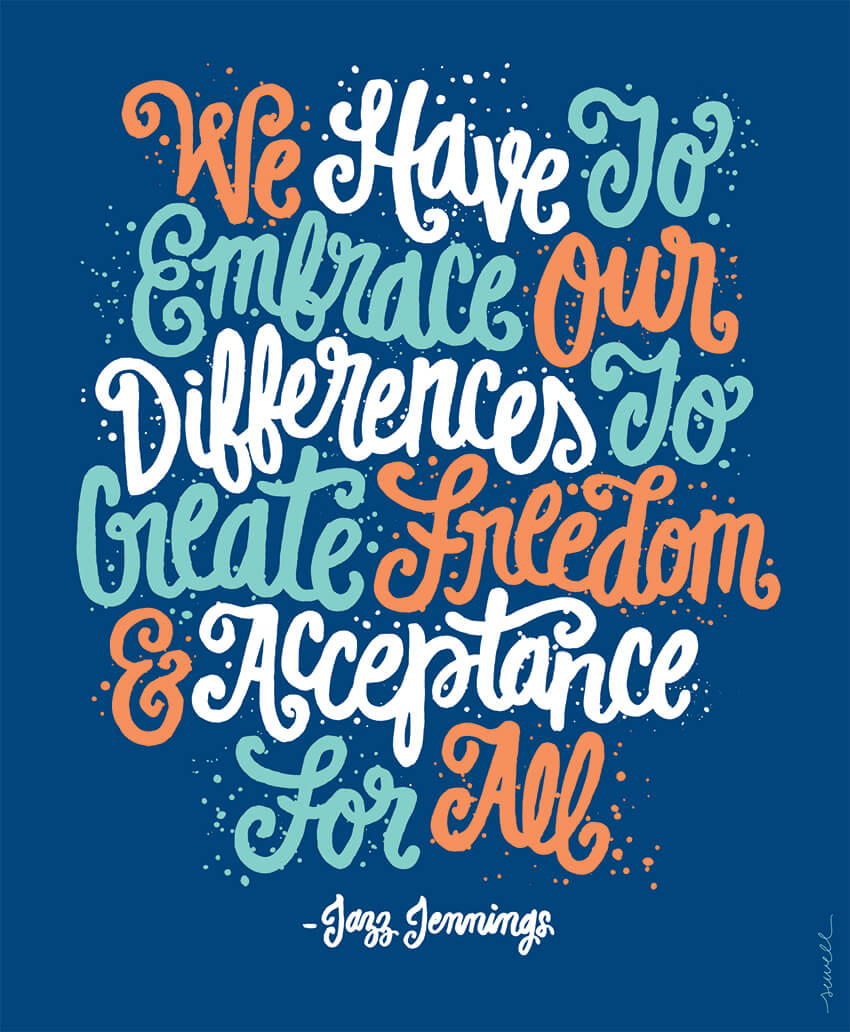Windows and Mirrors for all - Can Goodwill Lead to Good Work? - Florence Sprague - April 2025
 You have doubtless read or listened to Indigenous Land Acknowledgments in a variety of venues, too diverse to adequately enumerate, from LWV events, to the theater, even in some churches. Like many well-intentioned actions, they have come to be recognized in need of clarification and updating. A powerful op-ed piece in the New York Times in January “Enough with the Land Acknowledgments” by Kathleen DuVal of the University of North Carolina, urges us all to think carefully about how we approach these statements.
You have doubtless read or listened to Indigenous Land Acknowledgments in a variety of venues, too diverse to adequately enumerate, from LWV events, to the theater, even in some churches. Like many well-intentioned actions, they have come to be recognized in need of clarification and updating. A powerful op-ed piece in the New York Times in January “Enough with the Land Acknowledgments” by Kathleen DuVal of the University of North Carolina, urges us all to think carefully about how we approach these statements.
Professor DuVal argues that in some contexts these statements have outlived their usefulness. Their purpose is to “make us more aware of the dispossession and violence that occurred in the establishment and expansion of the United States.” This is needed in part because, for many people in the United States, the contemporary Indigenous population is not visible. But these statements can easily become an endpoint, rather than a jumping off point for greater change. To help repair past wrongs, the promotion of remembrance and understanding of the past must then lead to action.


 “We the People of the United States, in Order to form a more perfect Union, establish Justice, insure domestic Tranquility, provide for the common defence, promote the general Welfare, and secure the Blessings of Liberty to ourselves and our Posterity, do ordain and establish this Constitution for the United States of America.”
“We the People of the United States, in Order to form a more perfect Union, establish Justice, insure domestic Tranquility, provide for the common defence, promote the general Welfare, and secure the Blessings of Liberty to ourselves and our Posterity, do ordain and establish this Constitution for the United States of America.” One morning as I was mulling over several ideas for Windows and Mirrors, my radio was ever-tuned to MPR. There was Angela Davis talking to students and teachers at Roseville Area High School (RAHS) about Ethnic Studies! There it was.
One morning as I was mulling over several ideas for Windows and Mirrors, my radio was ever-tuned to MPR. There was Angela Davis talking to students and teachers at Roseville Area High School (RAHS) about Ethnic Studies! There it was.
 Justice─a powerful and important concept. The word seems straightforward enough, but just try to get three people to agree on what is just in a particular case! Pinning it down can be elusive. Justice means different things to different people, in different eras, in different cultures, by class, by race, by religion….
Justice─a powerful and important concept. The word seems straightforward enough, but just try to get three people to agree on what is just in a particular case! Pinning it down can be elusive. Justice means different things to different people, in different eras, in different cultures, by class, by race, by religion…. 
 I will never claim to be the most up-to-date on the evolution of the English language. New slang is constantly surprising or mystifying me. I will also admit to being a bit of a curmudgeon in defense of “good” grammar. Still, there are changes to terminology I see and hear used with diversity topics that seem positive.
I will never claim to be the most up-to-date on the evolution of the English language. New slang is constantly surprising or mystifying me. I will also admit to being a bit of a curmudgeon in defense of “good” grammar. Still, there are changes to terminology I see and hear used with diversity topics that seem positive. "The crimes of rape, and of assault and battery were felonies in the slavery era as they are today in any civil society. They were seen then as wrong, immoral, reprehensible, and worthy of the severest punishment. But the country allowed most any atrocity to be inflicted on the black body. Thus, twelve generations of African-Americans faced the ever-present danger of assault and battery or worse, every day of their lives during the quarter millennium of enslavement.” Caste, Isabel Wilkerson, p. 153
"The crimes of rape, and of assault and battery were felonies in the slavery era as they are today in any civil society. They were seen then as wrong, immoral, reprehensible, and worthy of the severest punishment. But the country allowed most any atrocity to be inflicted on the black body. Thus, twelve generations of African-Americans faced the ever-present danger of assault and battery or worse, every day of their lives during the quarter millennium of enslavement.” Caste, Isabel Wilkerson, p. 153